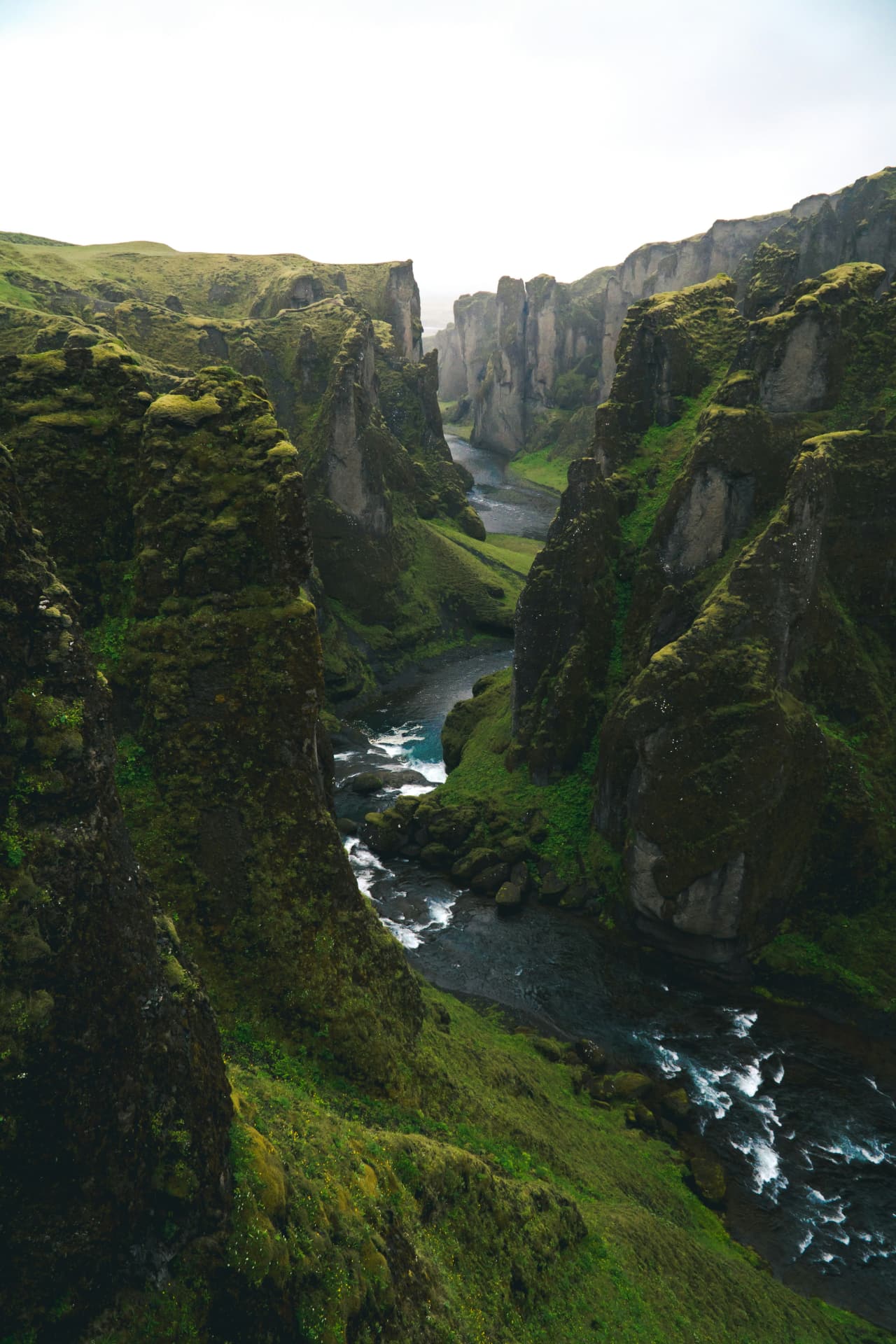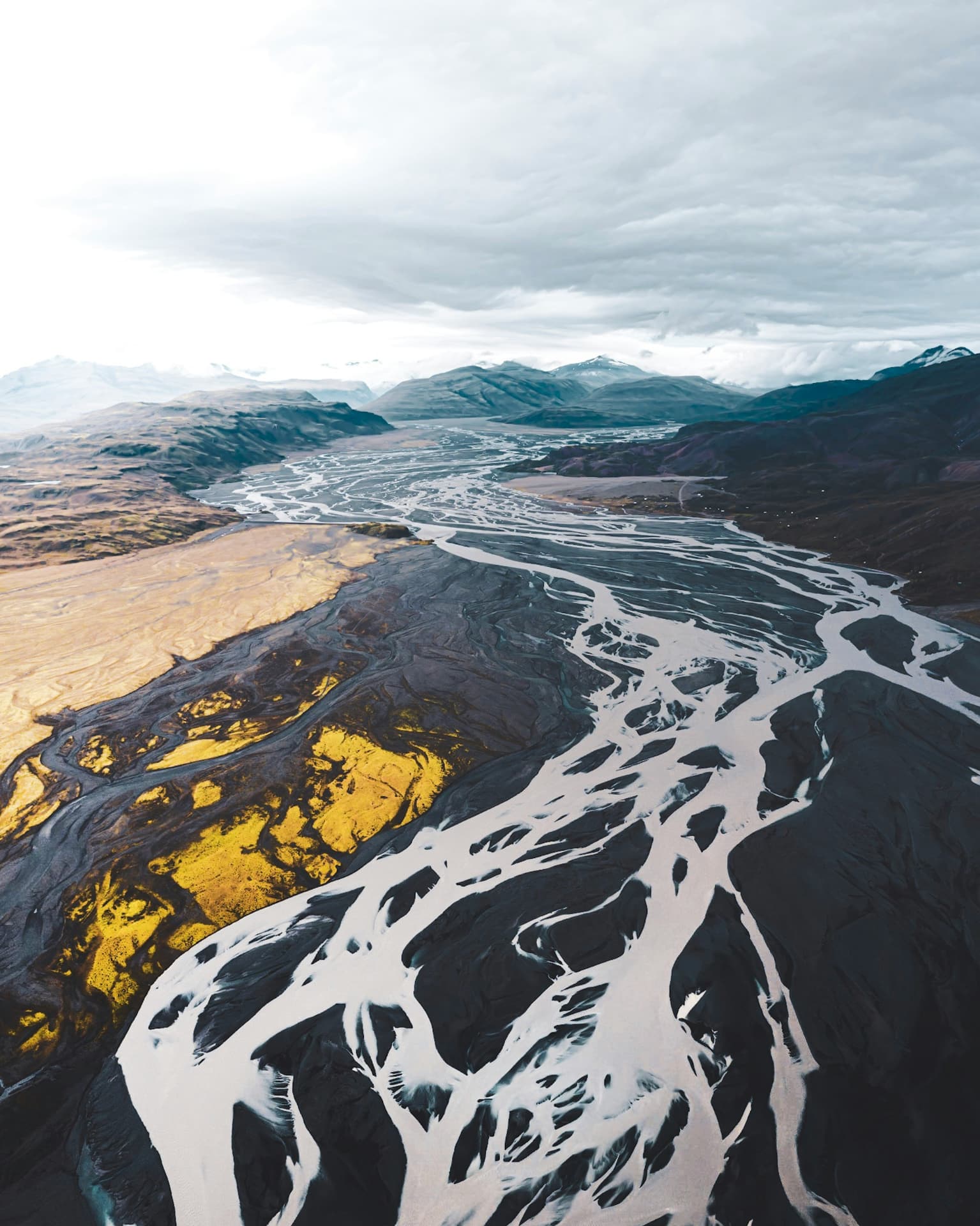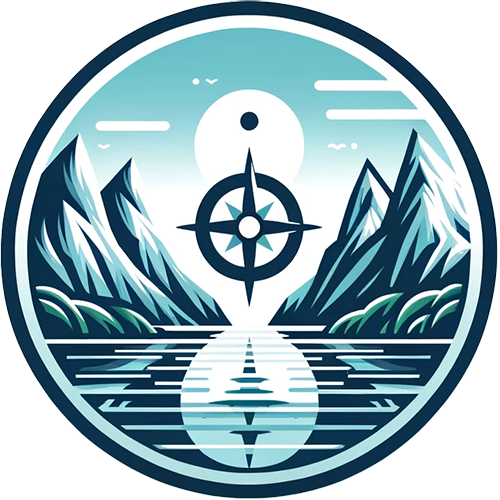Iceland

Discover Iceland: A Land of Fire and Ice

Travel Tips
Visa Requirements: Iceland is a part of the Schengen Agreement. This means that EU/EEA nationals can enter freely with a valid passport or ID card. Non-EU/EEA visitors from countries that have visa-free arrangements with the Schengen Area can stay for up to 90 days within a 180-day period without a visa. Visitors from countries that do not have visa-free arrangements must apply for a Schengen visa.
Transportation: While exploring Iceland, renting a car is highly recommended as it allows for flexibility in traveling through the country’s varied landscapes at your own pace. Iceland’s Ring Road encircles the entire country, providing access to many of the most popular sites. Public transportation is limited to larger towns and the capital, Reykjavik, which is serviced by buses.
Currency Information: The currency in Iceland is the Icelandic króna (ISK). Credit cards are widely accepted throughout the country, even in small towns and rural areas, making it easy to travel without large amounts of cash. However, it’s wise to have some cash for places that might not accept cards.
Weather and Clothing: Iceland’s weather can be unpredictable, with possible sudden changes. Always dress in layers and be prepared for wind and rain, regardless of the season. Waterproof jackets, good hiking boots, and warm clothing are essential, especially if you plan to explore outdoor attractions.
Language: The official language is Icelandic, but English is widely spoken, especially in tourist areas, making communication easy for visitors.
Tipping: Tipping is not a common practice in Iceland as service charges are usually included in the price. However, it is appreciated if you choose to tip for exceptional service.
